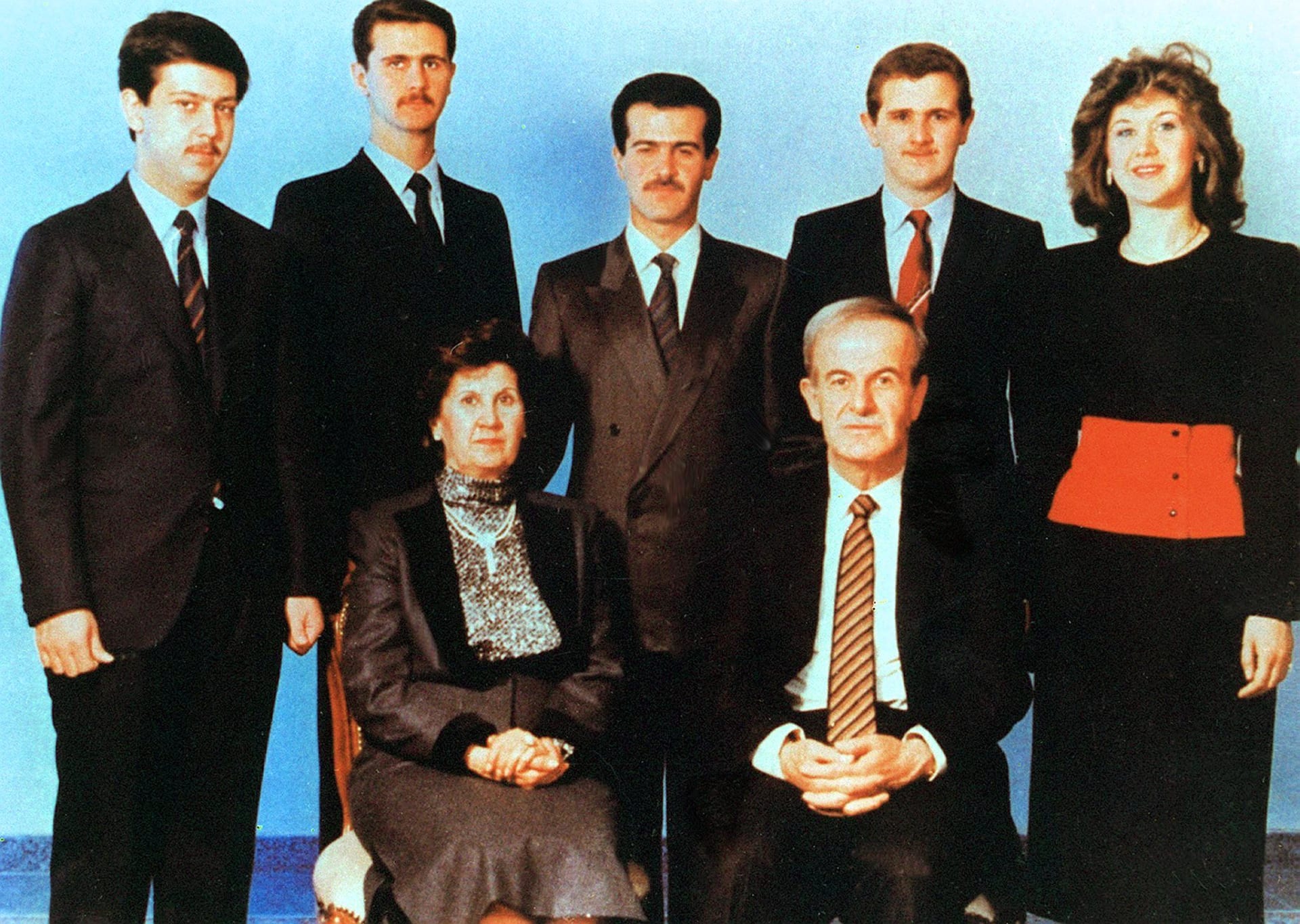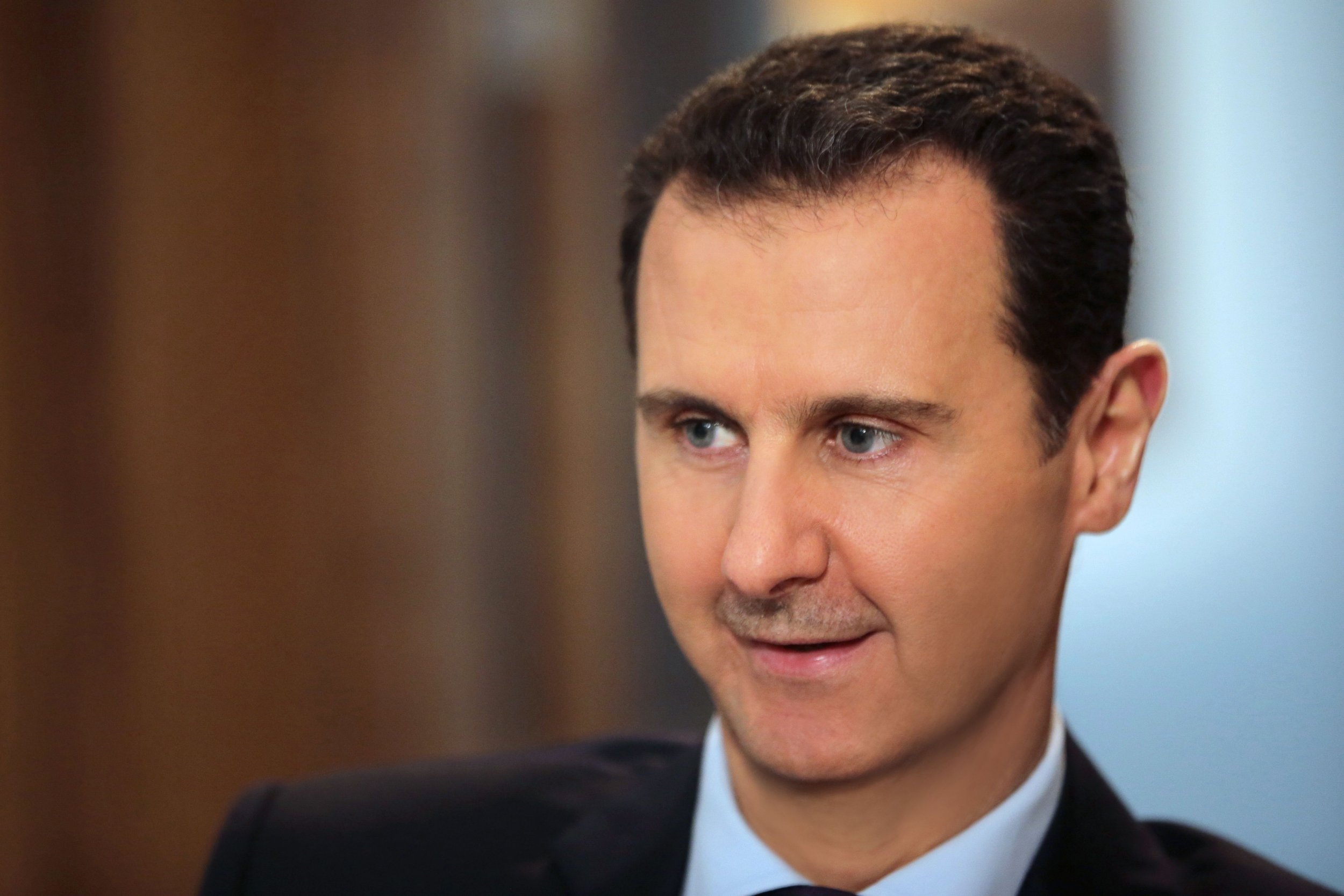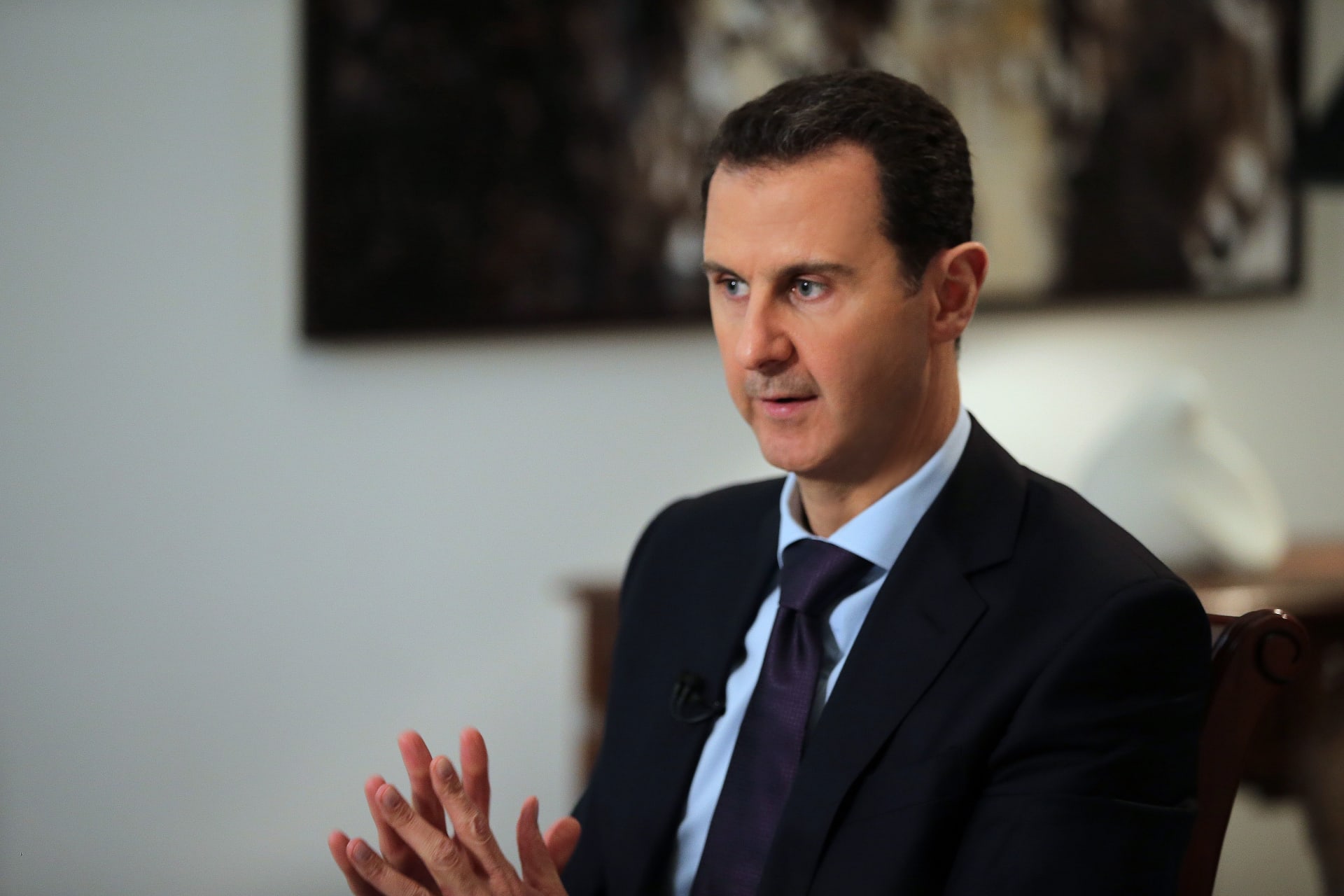Assad's Grip on Syria: A Complex Legacy
Syria, once a vibrant tapestry of ancient civilizations and modern aspirations, has been scarred by the brutal civil war that erupted in 2011. At its helm, President Bashar al-Assad has weathered the tempest, leaving an enduring mark on the nation.
The Rise of Assad
Bashar al-Assad assumed power in 2000 after the sudden death of his father, Hafez al-Assad, who had ruled Syria for three decades with an iron fist. Unlike his father, Bashar promised reforms and attempted to liberalize the regime, earning him initial support among some segments of the population.
The Arab Spring and the Syrian Uprising
In 2011, inspired by the wave of democratic uprisings sweeping the Arab world, protests erupted in Syria. Assad's government met the challenges with violence, leading to the outbreak of a bloody civil war. The conflict became a proxy war, with regional and international powers backing opposing sides.
Assad's Allies and Supporters
Assad has relied heavily on both domestic and foreign support to maintain his grip on power. Within Syria, he has received backing from the Alawite minority, which comprises his power base, and from the business elite. Internationally, Russia and Iran have emerged as his primary allies, providing military and financial assistance.
| Assad's Key Allies | |
|---|---|
| Country | Support |
| Russia | Military intervention, air support, diplomatic backing |
| Iran | Military and financial assistance, advisory support |
| Alawite Minority | Domestic political and military support |
| Business Elite | Financial contributions, economic backing |
The Opposition to Assad
The opposition to Assad has been fragmented, comprising a diverse mix of armed groups, political parties, and civil society organizations. The Free Syrian Army, a loose coalition of rebel groups, has played a significant role in the fighting against Assad's forces. Internationally, Western powers, led by the United States, have supported the opposition, but their involvement has been limited.
International Intervention and the Quest for Peace
The Syrian conflict has drawn multiple international actors into the fray. Russia and Iran have backed Assad, while the United States and its allies have supported the opposition. The United Nations has repeatedly attempted to broker peace negotiations, but these efforts have largely failed.
The Human Cost of the War
The Syrian war has had a devastating impact on the country. It has claimed hundreds of thousands of lives and displaced millions of people internally and internationally. The conflict has destroyed infrastructure, healthcare systems, and livelihoods, leaving the country in ruins.
The Search for Accountability and Justice
The atrocities committed during the Syrian war demand accountability and justice. The UN has established an Independent International Investigative Mechanism (IIIM) to document war crimes and crimes against humanity committed by all parties to the conflict. The International Criminal Court (ICC) has also launched an investigation into the situation in Syria.
The Future of Syria
The future of Syria remains uncertain. The war has left the country deeply divided and ravaged. The reconstruction process will be long and arduous, and the challenges facing the Syrian people are immense. The path towards peace and reconciliation remains elusive, and the legacy of Assad's rule will continue to shape the nation's destiny.




